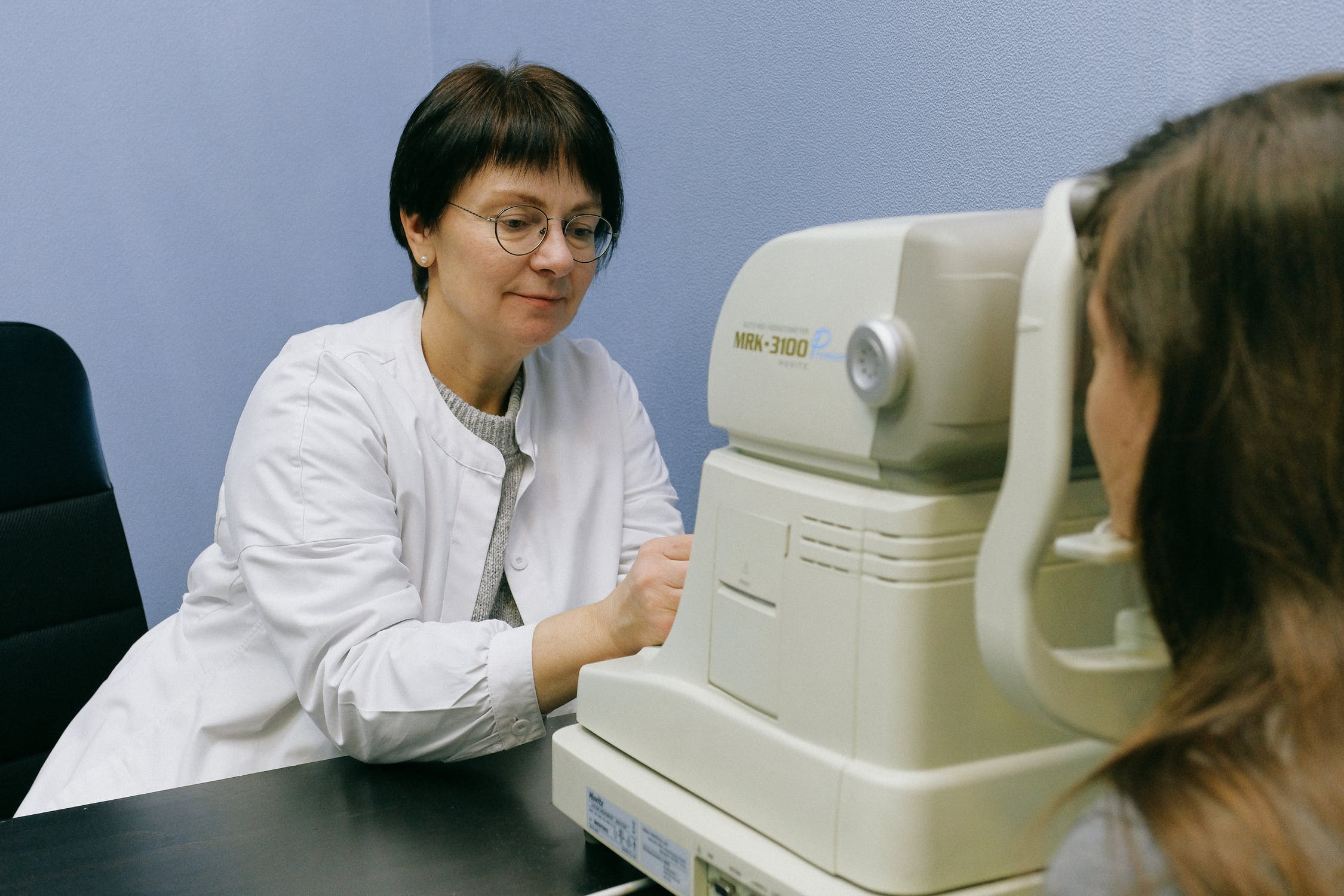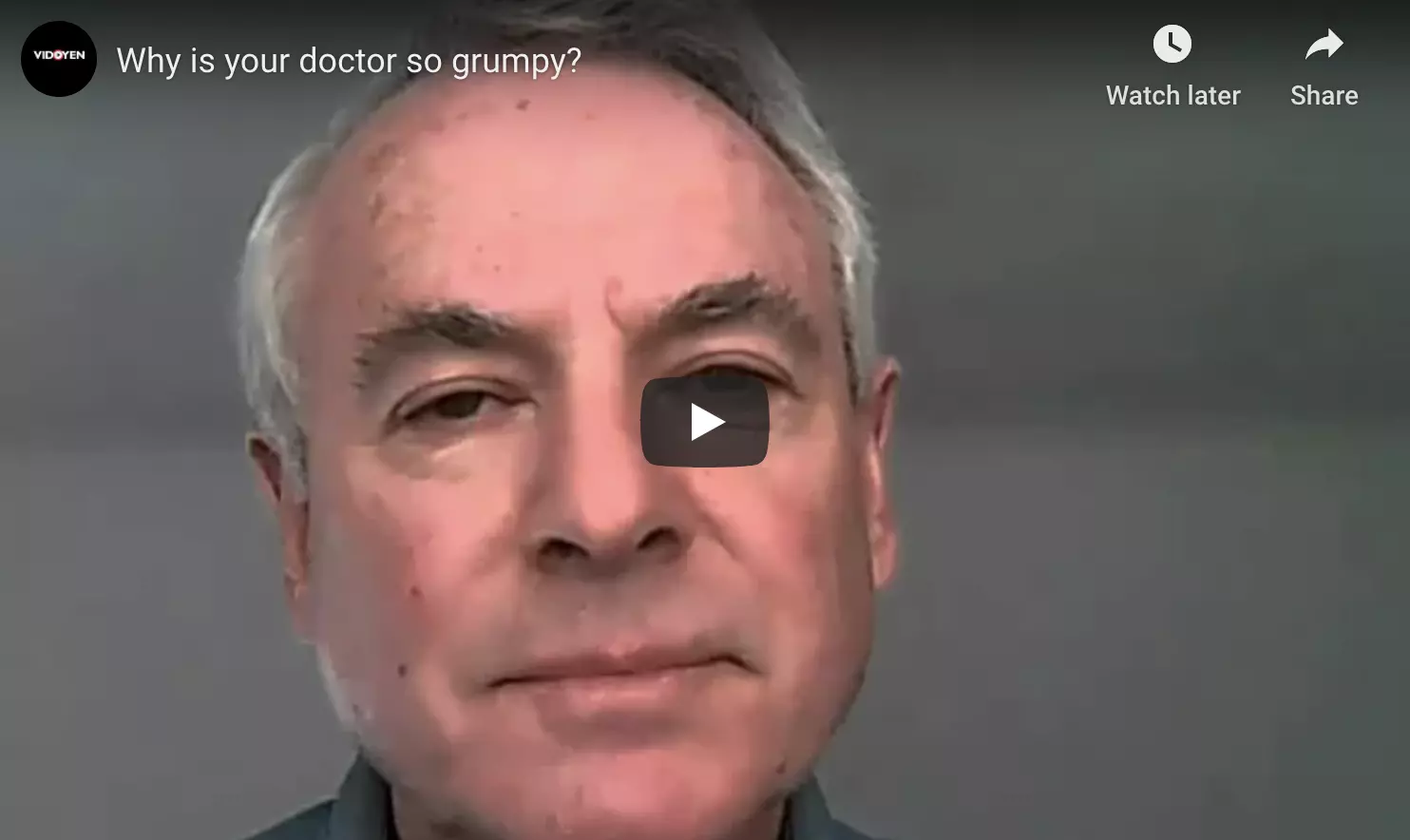Comments (4)
Trevor McKee
Doctors are underpaid in some countries.....
Mark Caldwell
The gig economy is the further evolution of capitalism
Stuart Middleton
Welcome to the "Uber" world !!
Mark Jackson
Freedom matters for some health care workers

The Covid-19 pandemic has accelerated physician interest in participating in the healthcare gig economy.
Gig workers are independent contractors who work for one or a variety of employers instead of a long term full time contract with a single company.
There are many reasons why the numbers of 1099 docs are growing. They include:
While the opportunities to contribute value to patients and other healthcare system stakeholders in non-clinical careers is big, there are potential hurdles and gaffes you can make too. Common ones are:
Making a career pivot will take rethinking your education and finding resources, networks, mentors, experience, peer support and the proper non-clinical career guidance. Failure to do so might result in grumpiness recidivism.

Arlen Meyers, MD, MBA is the President and CEO of the Society of Physician Entrepreneurs
Doctors are underpaid in some countries.....
The gig economy is the further evolution of capitalism
Welcome to the "Uber" world !!
Freedom matters for some health care workers
Arlen Meyers, MD, MBA is a professor emeritus of otolaryngology, dentistry, and engineering at the University of Colorado School of Medicine and the Colorado School of Public Health and President and CEO of the Society of Physician Entrepreneurs at www.sopenet.org. He has created several medical device and digital health companies. His primary research centers around biomedical and health innovation and entrepreneurship and life science technology commercialization. He consults for and speaks to companies, governments, colleges and universities around the world who need his expertise and contacts in the areas of bio entrepreneurship, bioscience, healthcare, healthcare IT, medical tourism -- nationally and internationally, new product development, product design, and financing new ventures. He is a former Harvard-Macy fellow and In 2010, he completed a Fulbright at Kings Business, the commercialization office of technology transfer at Kings College in London. He recently published "Building the Case for Biotechnology." "Optical Detection of Cancer", and " The Life Science Innovation Roadmap". He is also an associate editor of the Journal of Commercial Biotechnology and Technology Transfer and Entrepreneurship and Editor-in-Chief of Medscape. In addition, He is a faculty member at the University of Colorado Denver Graduate School where he teaches Biomedical Entrepreneurship and is an iCorps participant, trainer and industry mentor. He is the Chief Medical Officer at www.bridgehealth.com and www.cliexa.com and Chairman of the Board at GlobalMindED at www.globalminded.org, a non-profit at risk student success network. He is honored to be named by Modern Healthcare as one of the 50 Most Influential Physician Executives of 2011 and nominated in 2012 and Best Doctors 2013.
Leave your comments
Post comment as a guest